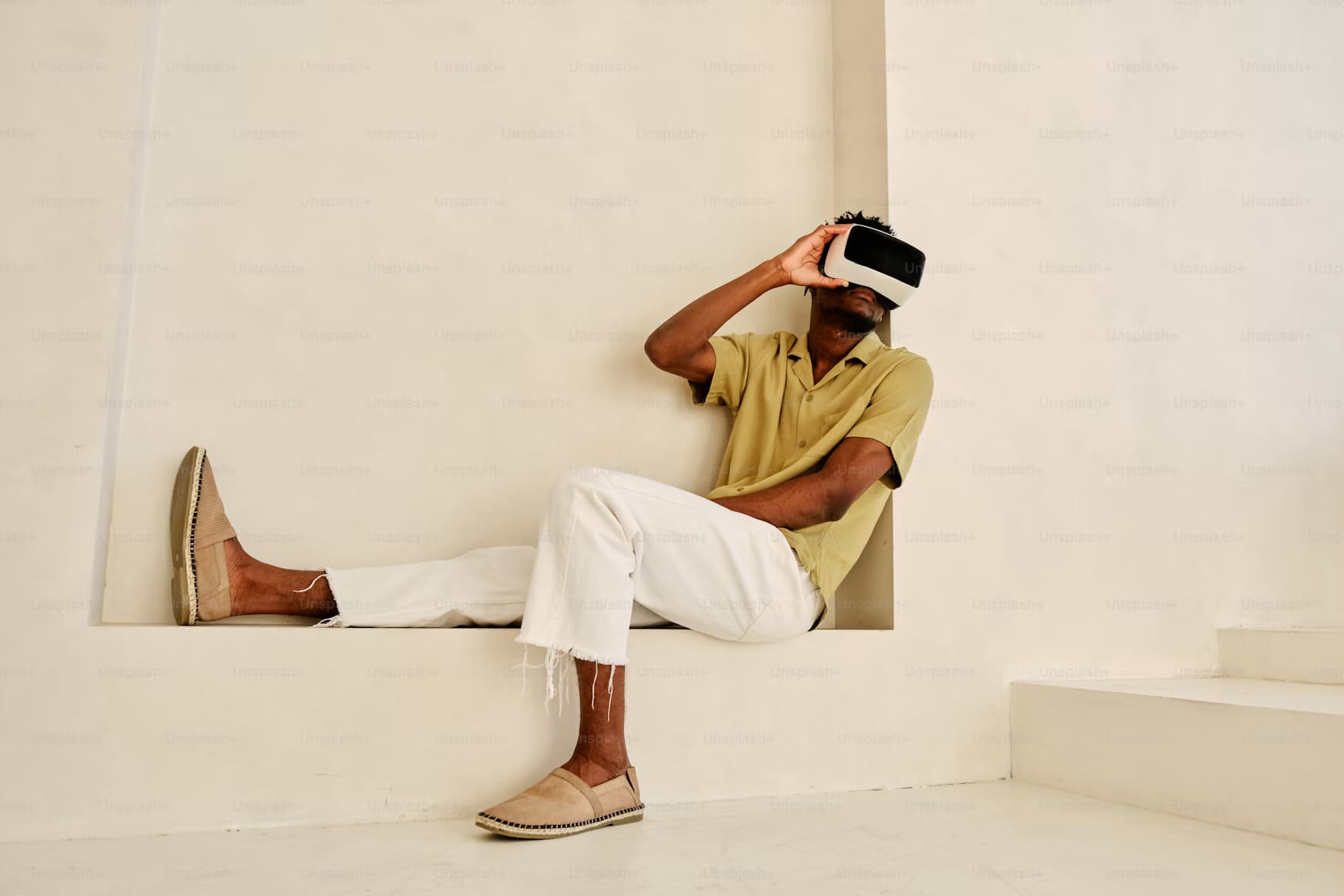In an era where technology is advancing at an unprecedented pace, its influence on our daily lives cannot be overstated. From the way we communicate to how we work, learn, and even entertain ourselves, modern technology has woven itself into the fabric of society, shaping the way we live and interact with the world around us.
Communication, once confined to handwritten letters and face-to-face conversations, has undergone a radical transformation with the advent of smartphones and the internet. Instant messaging, social media platforms, and video calls have made it possible to connect with people across the globe in real-time, transcending geographical boundaries and bringing us closer together than ever before.

The workplace has also been revolutionized by technology, with automation, artificial intelligence, and remote collaboration tools streamlining processes and redefining traditional notions of work. Tasks that once required hours of manual labor can now be completed in a fraction of the time, freeing up human resources to focus on more creative and strategic endeavors. Furthermore, the rise of remote work has enabled greater flexibility and work-life balance, allowing individuals to tailor their schedules to better suit their needs and preferences.
Education has likewise been transformed by modern technology, with online learning platforms, interactive simulations, and virtual classrooms making education more accessible and engaging than ever before. Students can now access a wealth of resources and learning materials at their fingertips, allowing them to learn at their own pace and customize their educational experience to suit their individual learning styles.
In the realm of healthcare, technological advancements have led to significant improvements in patient care and outcomes. From wearable devices that monitor vital signs to telemedicine platforms that enable remote consultations, technology has made healthcare more personalized, efficient, and accessible. Furthermore, breakthroughs in fields such as genomics and biotechnology hold the promise of revolutionizing the way we prevent, diagnose, and treat diseases in the future.
Entertainment has also been transformed by modern technology, with streaming services, virtual reality, and augmented reality offering immersive and interactive experiences that were once unimaginable. Whether it’s exploring far-off galaxies in a virtual reality game or binge-watching your favorite TV series on a streaming platform, technology has redefined the way we consume and engage with entertainment content.
However, amidst the myriad benefits that modern technology brings, there are also challenges and concerns that must be addressed. Issues such as data privacy, cybersecurity, and the digital divide highlight the need for thoughtful regulation and ethical considerations in the development and deployment of technology. Furthermore, the rapid pace of technological advancement raises questions about its impact on employment, inequality, and the environment, underscoring the importance of fostering a responsible and sustainable approach to innovation.
In conclusion, modern technology has transformed virtually every aspect of our lives, from how we communicate and work to how we learn and entertain ourselves. While it presents tremendous opportunities for progress and growth, it also poses complex challenges that must be navigated thoughtfully and ethically. By embracing the evolution of technology and harnessing its potential for the greater good, we can shape a future that is both technologically advanced and socially responsible.
